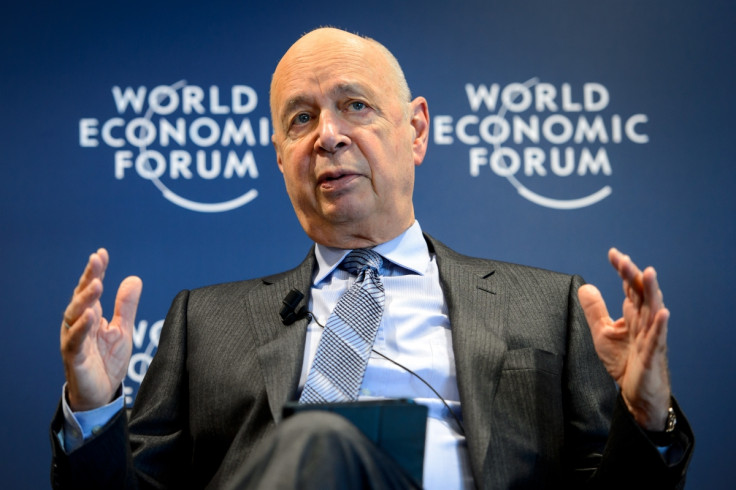Davos 2016: What is the annual World Economic Forum and how long has it been around?

Once a year, global business and political leaders join academics and select intellectuals to gather in a snowy town in Switzerland to discuss new ideas and reveal new initiatives. The city of Davos hosts the World Economic Forum (WEF) annually, to to a long way to shape the business agenda for the year to come. In 2016, General Motors CEO Maya Barra and new Credit Suisse chief Tidjane Thiam are among the high-profile co-chairs.
The event is organised by the organisation of the same name. The World Economic Forum was founded by German economist and professor Klaus Schwab in 1971.
Schwab initially gathered a group of business leaders to talk about business strategy in Europe in the early 70s. The world was in financial turmoil and technology was seized upon to turn around the way business was done globally as the 20th century came to a close.
Now, the WEF is also hosted in several places around the world and throughout the world. Davos remains the main event for the WEF, with over 2,000 selected people invited each year.
The success of the meeting drew more and more people to to the city in the mountains to discuss economic ideas. Lee Howell, current managing director of the WEF told NewsBiz about the success of the event.
"The architecture is really, building around communities – distinct communities – but bringing them together around common issues and then they can at least frame issue, arrive at a common purpose and ultimately, shared action – collective action," he said.
Over the course of the decades, it was the pressing need to discuss global economic issues that made Davos into a success story. Both the WEF organisation and event are now run not-for-profit and contribute to discussions in the business community.
Criticism
As the annual event gained momentum, scrutiny intensified. Because of the business elite attending the gathering, non-governmental organisations (NGOs) and other critics claim that the richest 1% is discussing topics that affect the poorer majority of the population especially.
Every year, Greenpeace and Swiss grassroots group Berne Declaration protest against the happenings in Davos. The organisations have accused the World Economic Forum of talking about income equality while inviting alleged tax evaders.
However, Schwab (now 77 years old) has made sure that the WEF also supported social enterprise, the fate of small businesses and young global leaders. It has also invited equality NGOs such as Oxfam to contribute to discussions and panels.
This started after he won $1m (£690,000, €920,000) from being awarded the Dan David prize by Tel Aviv University. Schwab set up the Forum of Young Global Leaders with the prize money. Schwab is seen as one of the biggest names in the business world. He is also a huge influencer, sitting among the top 100 most influential people on Time Magazine's 2007 list.
"We have a great obligation not only to look after our own interests, but to engage and to make sure that this meeting is at the beginning of a renaissance of trust," Schwab himself said at the Davos gathering in 2015.
With world leaders and guests such as Gordon Brown and Nelson Mandela having attended the Forum, it is not surprising that it is now on the of the most influential events for the world's political and business leaders.
© Copyright IBTimes 2025. All rights reserved.






















